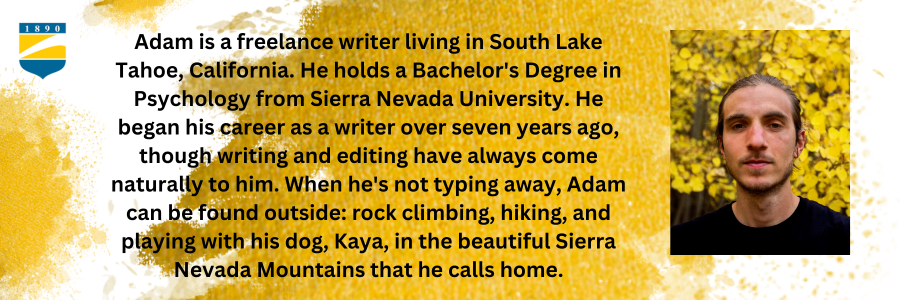6 Tips for Acing the Interview
Interviewing for a new job can be stressful and anxiety-inducing. You’ve worked so hard to research positions, perfect your resume, write an excellent cover letter, and fill out the application. Now, only one critical step stands between you and a position you are excited about: the interview!
Instead of spending your time leading up to a job interview worrying about what could go wrong, you can thoroughly prepare until you are confident that you will knock it out of the park. Keep reading to learn our top 6 interview tips that will help you secure your dream job!
1. Do Your Research
One of the top things that interviewers are looking for is a candidate who understands the company and its operations, the position and its duties, and how the two relate. Thorough research is an essential component of preparing for a job interview.
It is recommended to start your research by reviewing the job description. Make sure you understand the details of what the position entails. If you notice any gaps between your experience and what the position requires, make sure you are prepared to answer questions related to these areas for improvement.
Remember that the company interviewing you is looking for a valuable asset to add to their team and help the company succeed. Make connections between your experience, the position you are applying for, and areas you see for growth at the company. Come prepared to demonstrate how you specifically will add value to the company via the position you are interviewing for.
2. Prepare Relevant Examples
Once you have conducted thorough research on the position and the company, you should think about specific examples from your work experience when you demonstrated relevant skills and attributes. Interviewers will be impressed when you answer questions with concrete examples that demonstrate your competency.
The STAR technique can be helpful when providing examples during an interview. This acronym stands for Situation, Task, Actions, and Results. When asked a question about your capabilities, think of a relevant situation from your experience, explain the task at hand, tell the interviewer what actions you took, and discuss the results of those actions.
This simple framework will help you to answer interview questions directly, confidently, and with relevant examples. Just be sure to have several examples from your work history prepared before the interview!
3. Bring Questions
You might think interviews are a one-way interaction, but the truth is that asking the right questions as an interviewer is a great way to take some of the pressure off of yourself while simultaneously demonstrating your seriousness and preparedness.
Most interviews include a time for the interviewee to ask questions of their own. Prepare some questions for the interviewer that demonstrate both your interest in the position and the research you have already done. For example, ask “What are some duties outside of the job description that you might expect the person in this role to take on over time?” This question demonstrates that you have thoroughly researched the job description and that you are willing to help in ways that go beyond the duties described in the description.
4. Be Aware of Body Language
Body language is an important part of how you come across in any interaction, including during interviews. Your non-verbal cues can speak volumes about your confidence, your attention, and your mood.
Keep an upright but relaxed posture and maintain good eye contact during your interview. Make sure to smile and use facial expressions, head nodding, and hand movements to demonstrate that you are attentive, actively engaged in the conversation, and excited to be there.
5. Practice for the Interview
We all know the saying “practice makes perfect,” and this certainly applies to job interviews. Have a friend or loved one play the role of the interviewer, asking questions that you might expect to hear during the course of your interview.
You can prepare ahead of time the questions that your friend will ask you. Be sure to include the hard ones, alongside the ones that you feel will be easier to answer. For example, include the question: “It seems like there are some disparities in experience between your resume and the position. How are you prepared to compensate for your lack of experience in these areas?” These are the types of difficult questions that can make all the difference if you come prepared to answer them.
6. Follow Up
Many job applicants do a great job preparing for their interview. Their interviews go well, but they forget a critical step in completing the process: following up. Following up usually looks like sending the hiring manager a short email, thanking them for their time, and reiterating your interest in and excitement about the position.
If you really want to stand out, a personalized note thanking the interviewer is a great way to do so. Your follow-up communication is very important, as it shows the employer that you are serious about the position and that you have a high level of attention to detail and professionalism, making you a stand-out applicant.
Written by Adam Wernham


Disclaimer: Blackstone Career Institute, an accredited school, cannot guarantee employment, job promotion prospects, or income increases.













